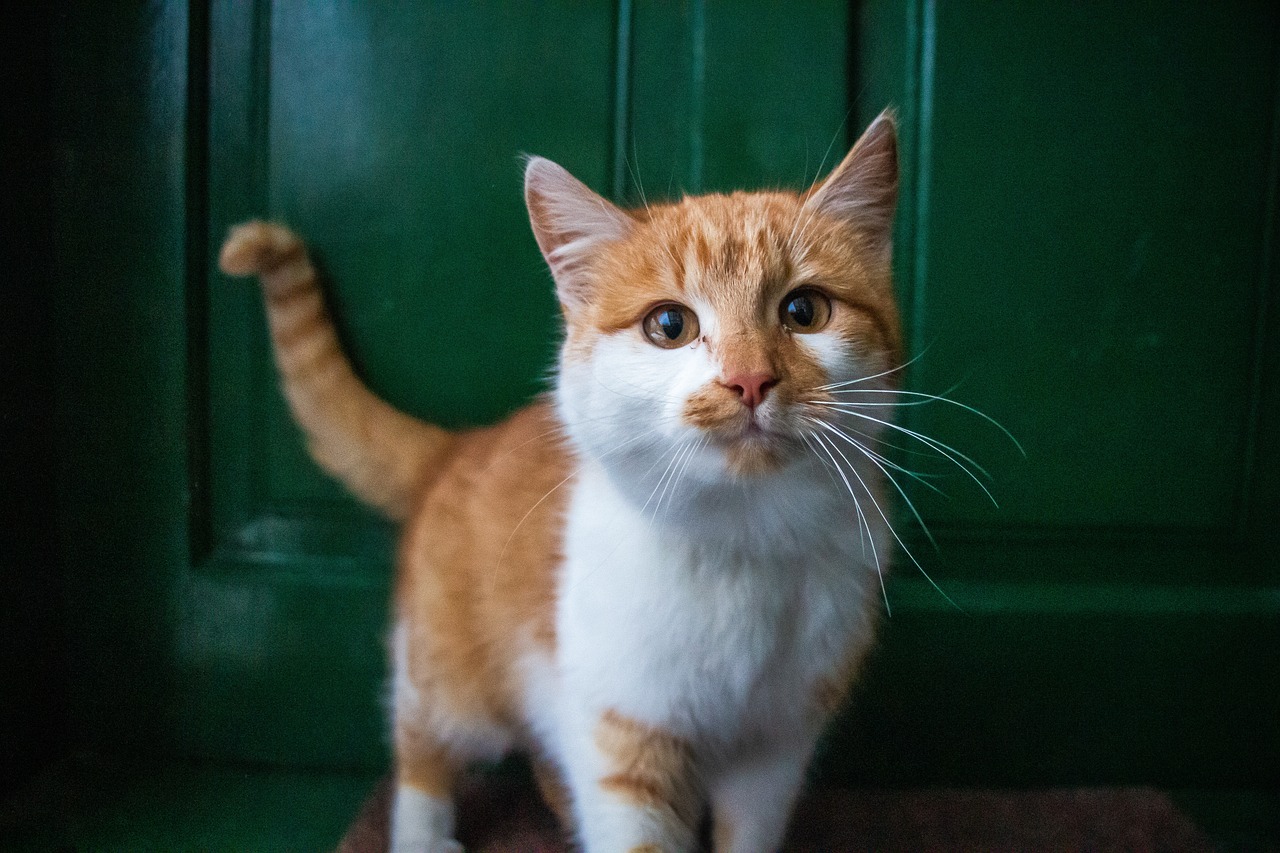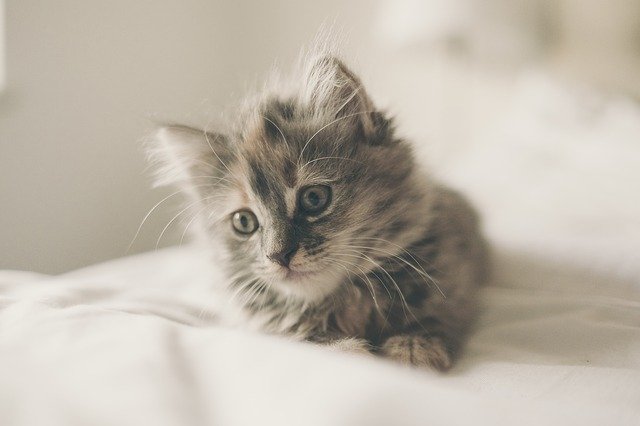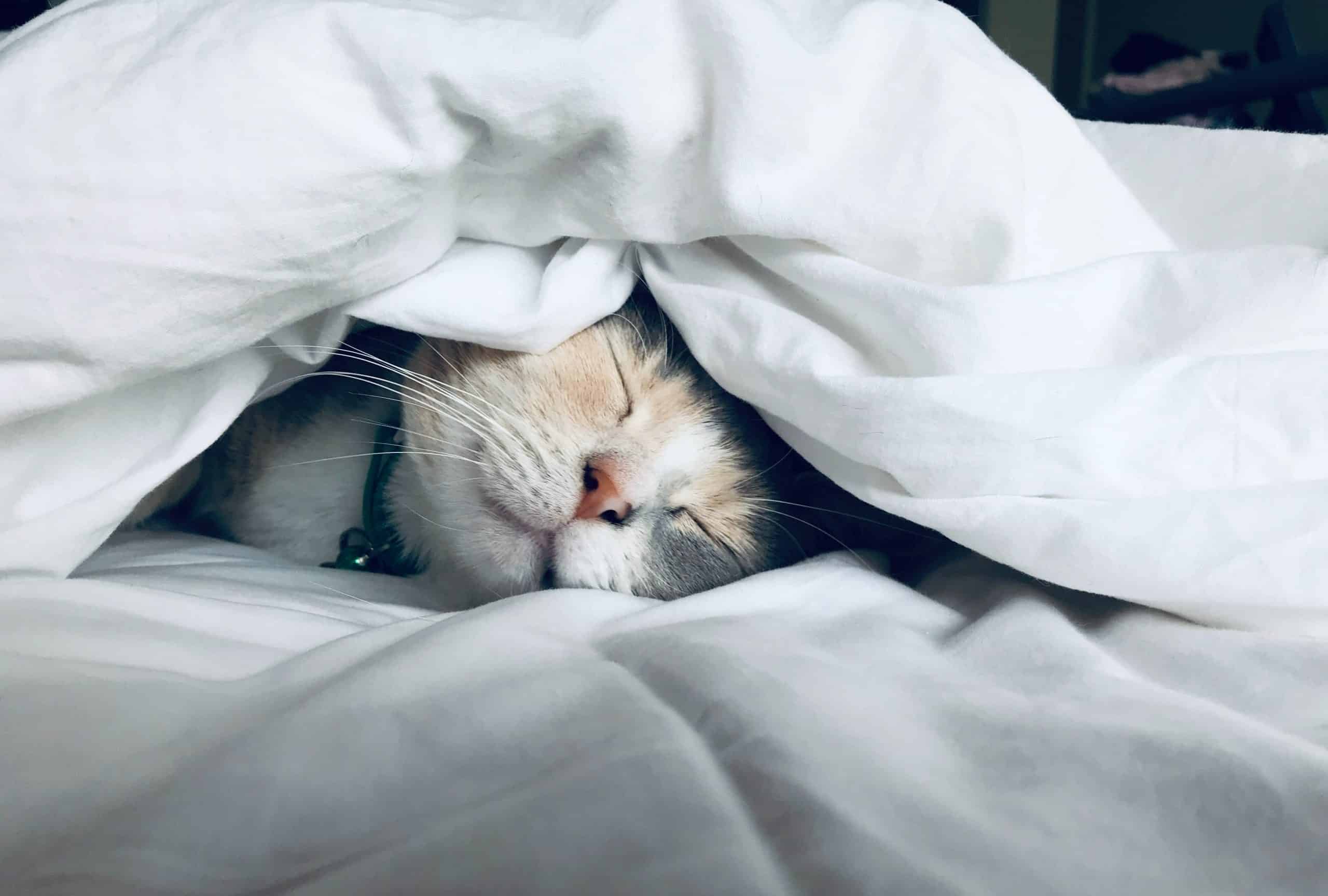Did you know that cats have the largest repertoire of sounds of any carnivore?
However, cats communicate with each other mainly by scent, to mark their territory and among themselves in cat colonies.
Spiders:
There are several forms of purring.
Kittens purr when cared for by the mother and out of satisfaction.
A mother cat purrs to reassure kittens, an invitation to greet and care, often during the washing of another cat, but also a signal not to be a threat to others.
However, a cat sometimes also purrs in situations of fear.
When e.g. an old cat continuously purrs, it can also mean that it is in pain, even at the end of its life. After all, a cat will always try to hide pain as best it can.
Purring not only has a great healing effect on the cat itself but also on humans when a cat lies on the lap.
For this reason, cats are often used in rest and care homes to entertain the elderly, but also e.g. to reassure and calm dementia sufferers.
Studies even show that the purring sound can reduce stress and lower blood pressure in humans.
One study shows that cat owners are 40% less likely to suffer heart attacks than people without cats.
Large carnivores including lions purr only on exhalation, small cats purr on both inhalation and exhalation.
Meowing:
Meowing is often a friendly interaction with other cats.
High meowing is a sign of hunger in kittens; in adult cats, however, high meowing is often a sign of displeasure.
Aggression:
Aggressive sounds usually happen with the mouth open, growling, hissing, spitting and moaning.
Usually these are in combination with aggression, offensive or defensive, directed at other cats or animals that do not belong to the family.
Aggression can sometimes also be recognized by:
– an open mouth,
– ears turned upward outward,
– narrow pupils.
Smell
Cats have an extremely well-developed olfactory system and they use this in their communication with each other through Jacobsen’s Organ.
This is done mainly through “Phleming,” which makes it appear that the cat is pulling a foul mouth with its mouth open.
It is mainly a means of communication to other cats that a particular territory belongs to him or her.
In colonies, this is used to identify friendly cats belonging to a particular colony.
We always clean our rooms thoroughly upon the departure of each cat so that as minimal as possible scent traces remain in the room. This way, your cat can stay with us without stress.



